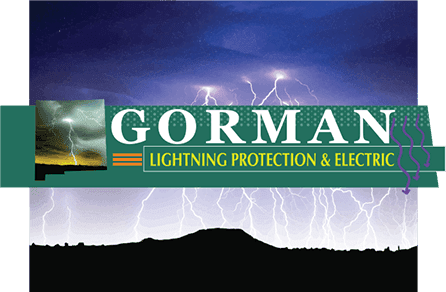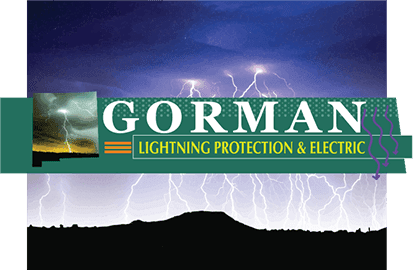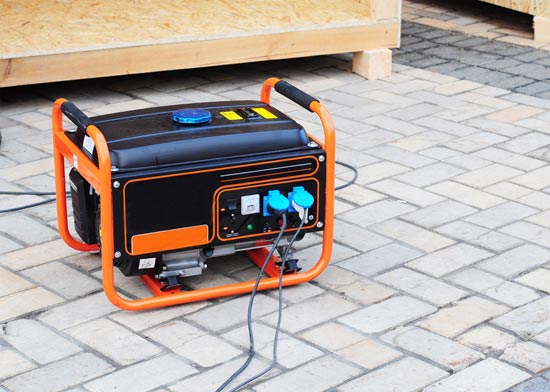Addressing electricity needs in a commercial or residential property is an ongoing concern for property managers and homeowners. Despite advanced technologies, there are still many instances of blackouts or brownouts happening throughout the country. These tend to affect densely populated urban areas but can be even more devastating when they occur in rural areas where utility companies are not readily accessible.
The possibility of an electrical grid failure has been the catalyst for many homeowners and business managers to consider alternative energy sources. Emergency supplies, solar panels, and emergency power or standby generators are the most popular ways to ensure the presence of electricity in the face of an overall loss of power.
Home Generator Systems
Home generators are now readily available and can be placed indoors or outdoors, based on size and service needs. Homeowners can opt for an automated generator that is actually linked with specific appliances and will produce power when triggered through an electronic signal. These options are an excellent choice for beach homes, second properties, or homeowners who are often away from home for extended periods of time. Many different models of home generators are fully compatible with smart home technology. Alternatively, a standby generator essentially waits to be called into use by the homeowner. They can be easily activated and set up for on-call emergency use. Storage options may include an outdoor shed, a dedicated cement pad, or simply being stationed under a deck area for easy access.
Commercial Generator Systems
Business owners and property managers are wise to invest in a standby generator to limit the negative impact of a temporary power loss. Depending on the type of facility, power loss can be costly or even devastating. Food storage, medical samples or equipment, and other items of a sensitive nature must be kept at specific temperatures in order to be effective or useful. Similarly, residential areas are at a higher risk of suffering from traumatic events due to loss of power. Dark stairwells, loss of heating or cooling systems, and nonoperational lifesaving medical necessities such as oxygen are all huge concerns for property managers. Generators are also vital for institutions that cannot be closed and require monitoring around the clock. Hospitals, prisons, and other facilities that simply must have electricity will definitely rely on a generator system to avoid potential mishaps from occurring when local power supplies fail.
There are many reasons that people choose to invest in a generator. The most important factors are generally around human safety and the protection of property. Generator installation has also increased as people are finding ways to live a more cost-efficient, less publicly dependent lifestyle. Generators are also useful for campsites and other outdoor venues where electricity is needed but not traditionally available.
Look into using professionals for a generator installation to make sure everything is done properly, and effectively, and sets you up for success.


